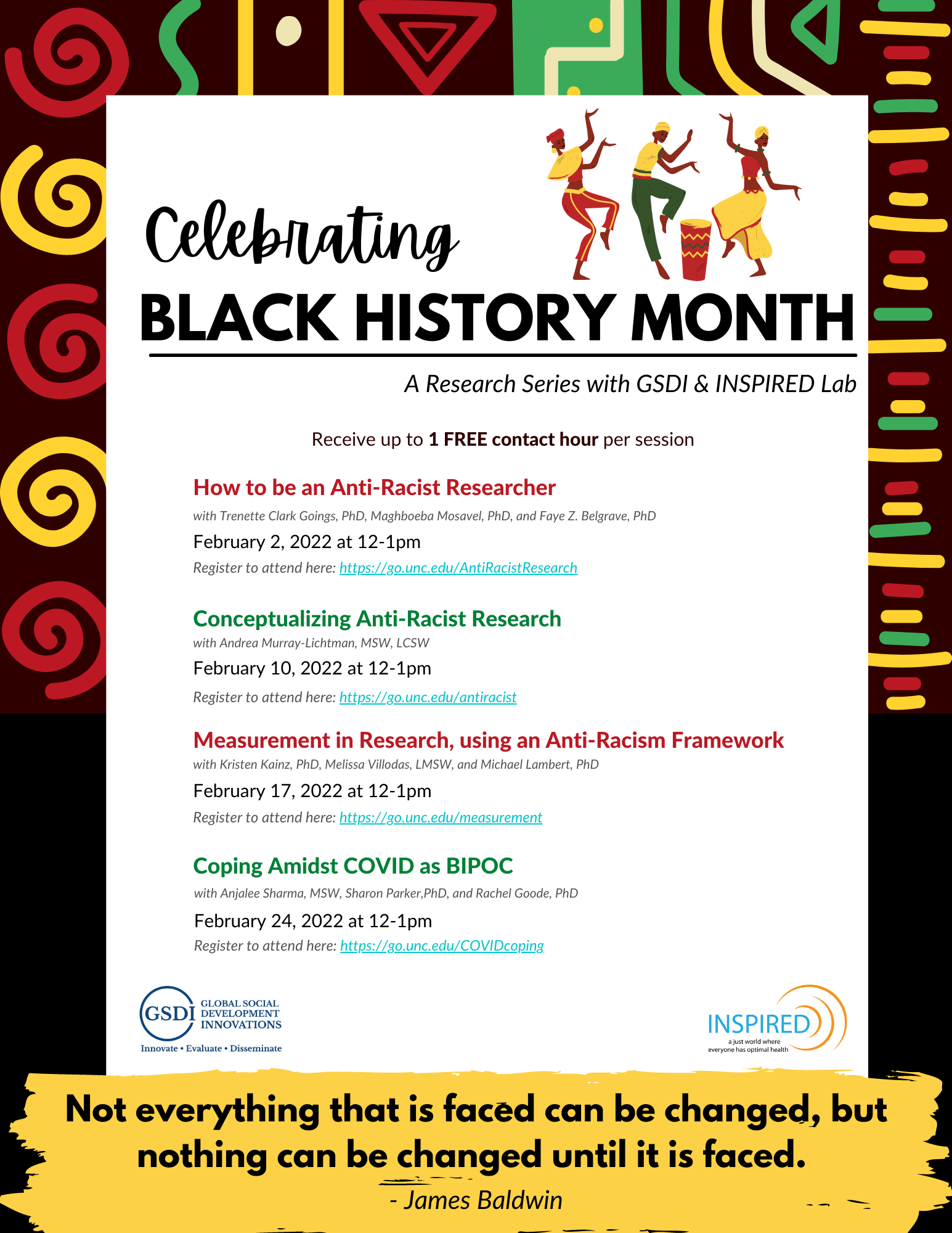Measurement in research is critical as it lays the foundation for a more accurate understanding of the magnitude of a phenomenon, the impact of an intervention, or other causal relationships that will translate into practice models and policies that have real-life implications on people’s lives. In this panel, Kirsten Kainz will provide a brief review of recommendations for social science measurement from the National Research Council (2011) and reposition those recommendations within a systems science worldview for the purpose of proposing anti-racist measurement practices. Underlying the presentation will be the assumption that not all system science is anti-racist, but anti-racist science will require systemic framings. A set of critical questions to guide anti-racist measurement practice will be discussed. Melissa Villodas, LMSW, will be presenting on a study that used exploratory and confirmatory factor analyses to investigate the empirical and theoretical meaningfulness of the modified Neighborhood Cohesion Index within a population of African American youth living in public housing. Michael Lambert will present on the theoretical and empirical methods of item response theory (IRT), which can permit antiracist measurement across different socioethnic groups.

